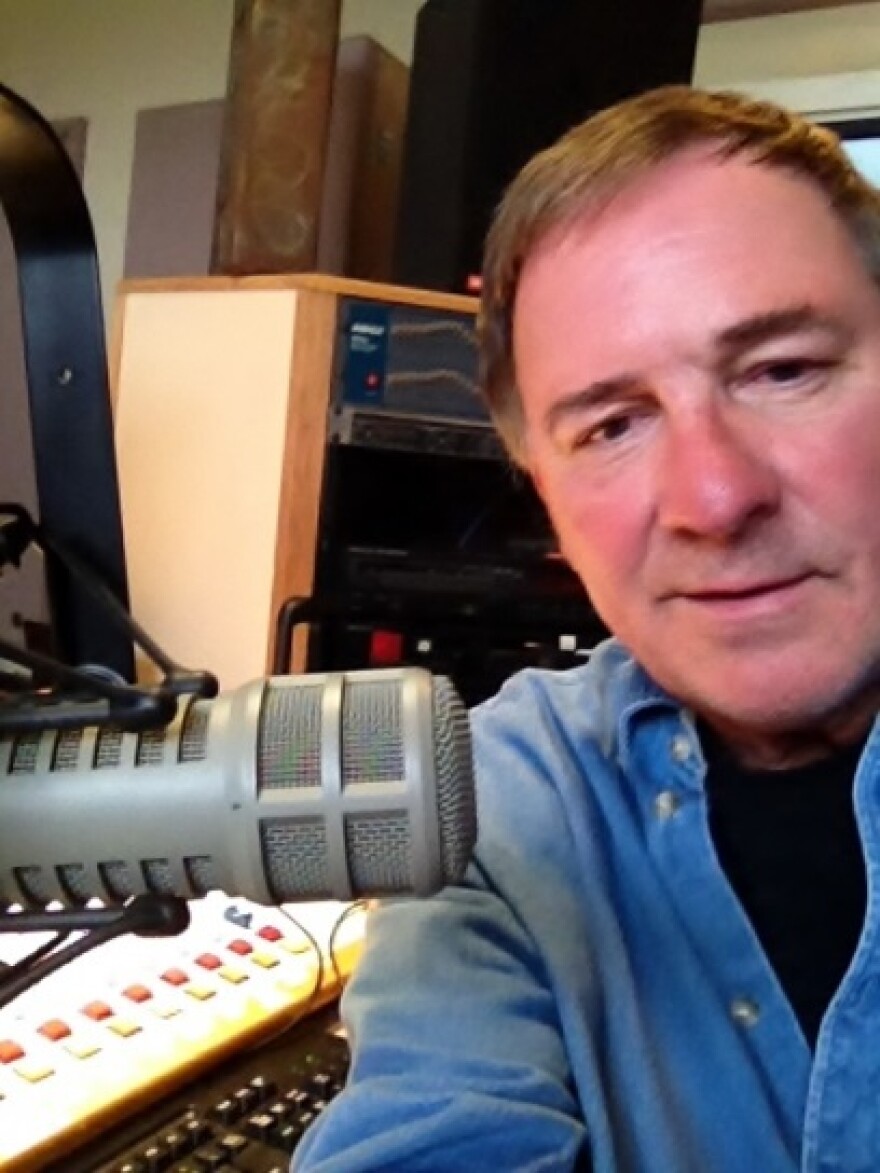Commentary: I don’t know about you, but the pharmaceutical industry is wearing me out.
The drug company television advertising barrage is endless, like some bitterly contested political campaign.
The mute button on my remote is the only immediate defense against the drum beat: “We might help you, or we might maim and then kill you.”
Never mind, kill the audio, not me.
From my study of daily broadcast trends, the drug ads are most concentrated in the supposedly objective prime-time network news programs – morning or evening.
Like cigarette advertising on TV decades ago, prescription drugs discredit network news.
Three-fourths of ad air-time on the news is filled by pharmaceutical brand names.
We worry more about our impotence, cholesterol, arthritis, hepatitis, bipolarism, sleeplessness, or any number of disorders than we do about the world events impacting our daily lives and the real world’s, never mind our, survival.
Remember, Congress banned tobacco ads from TV, radio and billboards.
The book “Smoking and Politics” provides lots of insight behind the eventual action by the U.S. Congress to buck the powerful tobacco lobby in the late 1960’s.
That isn’t likely to happen with today’s drug industry, which spends at least $5-billion annually on advertising in the face of our do-nothing Congress.
The AMA – American Medical Association – is calling for a ban on TV ads for prescription drugs, but even the influence of the physician lobby may not be enough.
The drug companies promote only the most expensive, newest products, the AMA has found.
In fact, a Harvard poll shows 75 percent of us believe brand name drugs are too expensive.
And from the doctor’s perspective, the ads create unrealistic patient expectations, just like the tobacco ‘experts’ claimed to deliver to smokers. Smoking makes you stylish, sexy, au courant, and dead.
On the other hand, a Kaiser Family Foundation study shows a narrow majority of Americans think they receive helpful information from these strangely-branded and oddly-named drugs. Chances are, you know some of these drug names.
Unlike with the tobacco advertising ban, the Congress is not the primary authority, at least not yet, with ending drug advertising.
The Federal Drug Administration holds sway over the content and claims aired by the big drug companies. The FDA is focused mainly on reviewing and refining the claims made by drug makers, before the ads air. That is all.
The FDA will request revisions but has not remanded any of the ads.
The First Amendment Rights of pharmaceutical companies are one reason why Congress won’t take action. So is the fear of antagonizing this wealthy special interest, and the possible campaign coffers of would-be congressional critics.
Try a compromise, instead:
- Shorten the drug ads from as long as 2 minutes to no more than half a minute, including disclaimers pointing to details in print
- Apply the TV paid air time cost savings of about $3.5 billion to lower prescription drug prices
- Change the message of these ads from childish metaphors to straight information for adults
- We don’t need a big bad wolf to tell us about COPD…
With Congress, right, the next President of the United States needs to take on this nagging question and persistent quandary, are we a nation of drug ad zombies…or, shouldn’t we say no to drugs, in this sense?
Barring all else, you might suffer permanent injury to your intellect four hours after reading this viewpoint, and then seek medical assistance.
Richard Kadzis is a broadcast journalist and former NPR New England Correspondent. He resides in Las Cruces, New Mexico.


